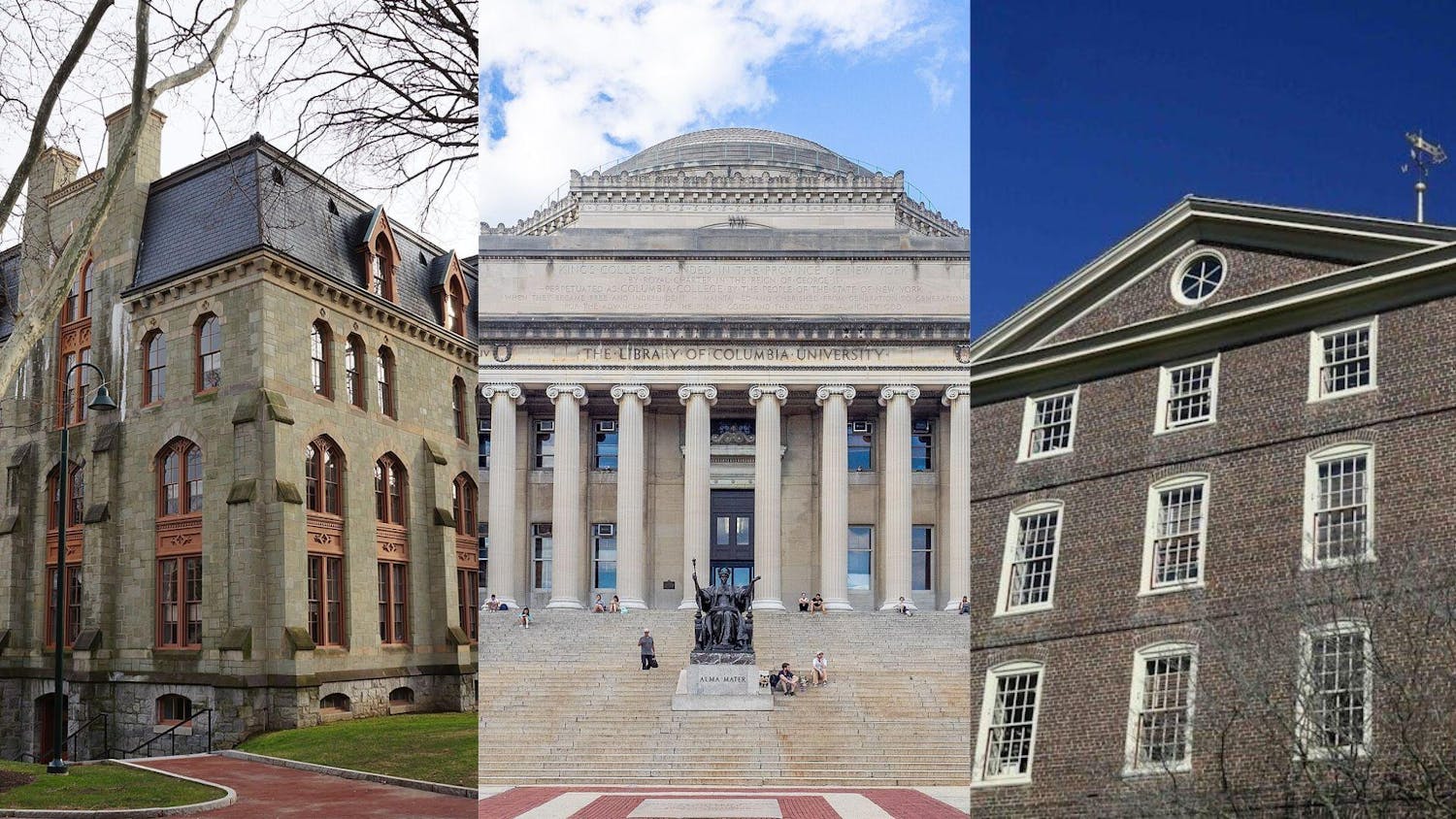About 200 scholars from 55 countries visited Brown for three weeks in June for a hybrid program of lectures, group work, round tables, field trips and social events.
The University's second annual Brown International Advanced Research Institutes conference was held June 6–26.
The conference included four discussion programs this year, focusing on development, climate change initiatives, the critical humanities and global technology entrepreneurship and management.
The conference emphasized the issue of inequality, said Professor of Sociology Patrick Heller, who took part. It also looked in depth at networks of exchange between the global North and South.
The conference is part of the University's multi-year internationalization project and aims to promote Brown's vision of what a global university should be, according to Keith Brown, associate professor of international studies and the conference's director.
The interdisciplinary forum aims to connect emerging scholars from around the world who might not otherwise have the opportunity to meet. In order to ensure that alums of the conference stay in contact, the initiative provides access to a "virtual academic network" to help participants keep in touch.
The conference "sets together a train that will lead to other collaborations," Heller said. He described it as "a learning experience for everyone to think outside of their own context."
"It is really important that, as part of Brown's internationalization initiative, Brown is at the cutting edge of developing these kinds of learning and networking experiences," Heller said, adding that the 2010 conference "went really well."
The conference was organized by the same central team this year as in 2009. They "learned a lot of lessons in putting it together the first year that they were able to apply in the second," Brown said.
In the future, organizers hope to expand the range of topics discussed at the conference, Brown said, and to continue to respond to pressing issues in the world where Brown faculty interests match those of young scholars and practitioners in the global South.




